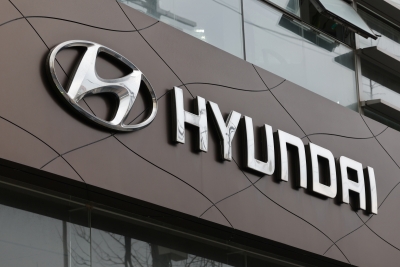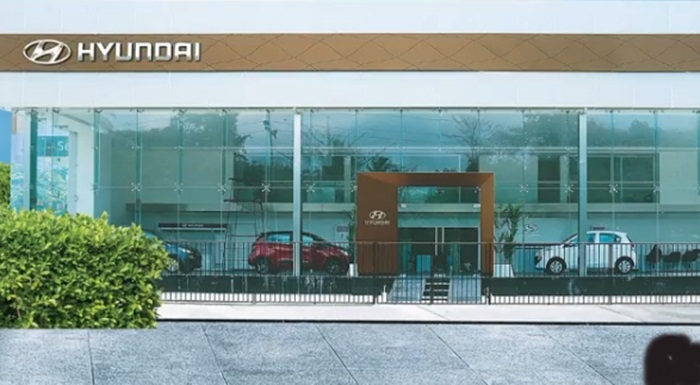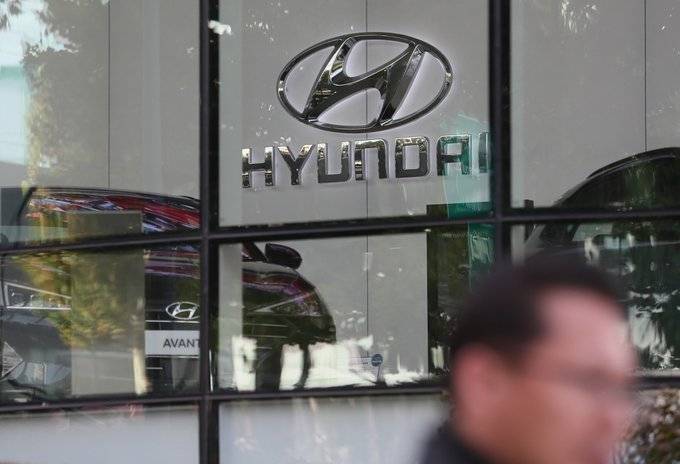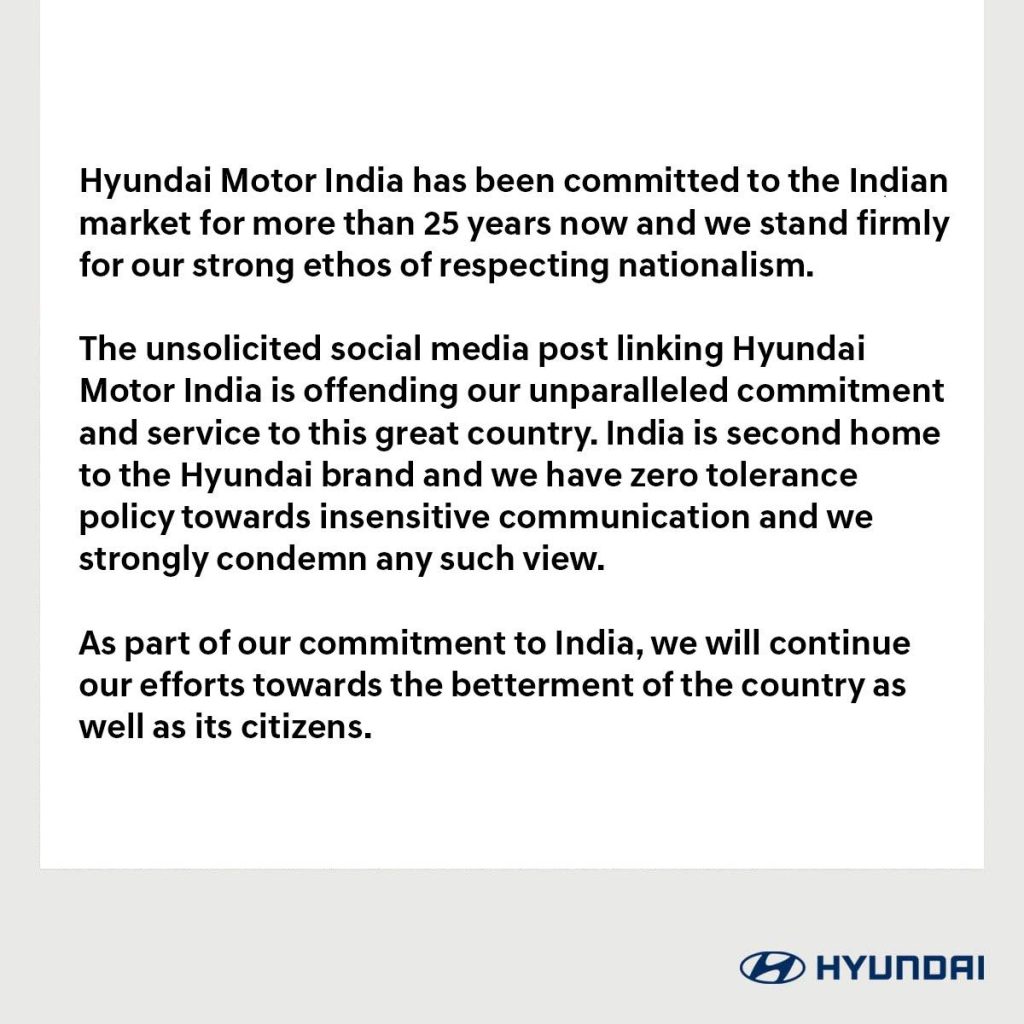The move is in line with global carmakers’ plans to fill their lineups with zero-emission vehicles to help slow the pace of global warming….reports Asian Lite News
Hyundai Motor Group said on Tuesday it will invest 24 trillion won ($18.2 billion) in its domestic electric vehicle (EV) production facilities and other EV projects by 2030.
Hyundai Motor, its smaller affiliate Kia and auto parts maker Hyundai Mobis will collectively make the investment to become the world’s No. 3 EV maker in terms of sales by 2030, the group said in a statement.
The move is in line with global carmakers’ plans to fill their lineups with zero-emission vehicles to help slow the pace of global warming.
The companies will spend most of the planned investments in expanding their existing EV production lines, developing future mobility parts and technologies, establishing the EV infrastructure and exploring new EV business opportunities, reports Yonhap news agency.
The latest investment figure has been revised up from 21 trillion won announced by the Korean automotive group in May last year.
Hyundai Motor and Kia are aiming to sell a combined 3.64 million all-electric vehicles in global markets in 2030. In this year’s CEO Investor Day last week, Kia said it aims to sell 1.6 million EVs in 2030.
Hyundai Motor and Kia plan to release a total of 31 battery electric vehicles by 2030, including the Kia EV9 this year and the Hyundai IONIQ 7 next year, it said.
The EV9 is Kia’s second model equipped with Hyundai Motor Group’s EV platform, called E-GMP, after the EV6 SUV launched in 2021. Hyundai’s IONIQ 5 and IONIQ 6 are also built on the same platform.
The 31 pure electric vehicles include 18 models from Hyundai and its independent Genesis brand and 13 from Kia.
On Tuesday, Kia began the construction of a 150,000-unit-a-year EV plant inside its existing factory in Hwaseong, just south of Seoul, with a goal to start production in late 2025.
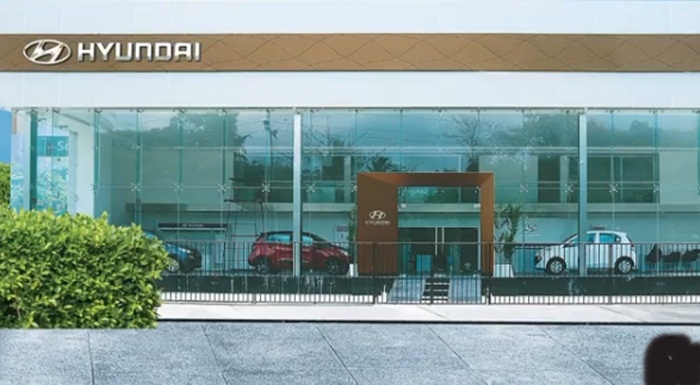
President Yoon Suk Yeol attended the groundbreaking ceremony and called on the group to lead the future mobility solutions industry.
“The government will run as ‘one team’ (with Hyundai Motor Group) to take the lead in the world’s mobility innovations market along with policy support such as tax benefits (for the automotive industry),” he said.
Hyundai Motor also plans to complete a 150,000-unit-a-year EV plant in its main Ulsan plant, 414 kilometers southeast of Seoul, by 2025.
The group is building a 300,000-unit-a-year EV and battery plant in the U.S. state of Georgia, with a goal to begin production in the first half of 2025.
Hyundai Motor and Kia have set a combined sales goal of 7.52 million units this year, up 9.8 percent from the 6.85 million units they sold last year.
The two together form the world’s third-largest carmaker by sales after Toyota Motor Corp. and Volkswagen Group.
Hyundai Motor, Kia and Hyundai Mobis are expected to spend their own cash and cash equivalents reaching more than 35 trillion won as of the end of 2022 for the EV investments.

